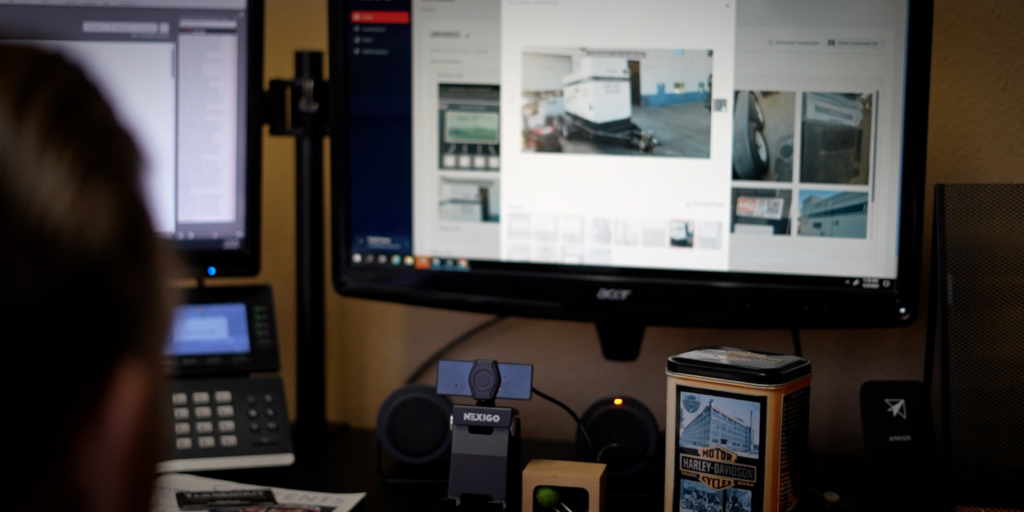The equipment rental industry is one that thrives when customer expectations are met and exceeded. After all, this is the route to repeat business and referrals. Achieving a high level of service quality and excellence requires equipment rental businesses to implement a thorough inspection process that translates to top-notch maintenance.
Why Are Industrial Vehicle Inspections in Rental Companies Important?
In any rental industry, the customer simply uses an asset that the business owns and must maintain. Take car rental companies, for example. When a client pays for a rental car, the expectation is that fluids are topped up, the exterior inspection the vehicle is clean, and all mechanical parts are in optimal condition. Business owners in the car rental industry must meet that expectation.
The same applies to industrial rental vehicles and other heavy equipment. From the days of traditional vehicle inspections, the idea was always to ensure that the rental fleet was adequately maintained. Therefore, none of the issues a customer experiences during the rental period should be due to a failure or other challenge with the rented machinery.
What Are the Key Ways in Which Equipment Rental Companies Improve Customer Satisfaction Through Inspection Systems?
Equipment Safety and Reliability
Every customer expects the rental process to yield equipment that is as safe to use as it is functional. There should be zero issues associated with performing the desired tasks. Proper inventory management and rental income requires that routine maintenance tasks, such as inspections, be carried out comprehensively. These would identify any concerns that can translate to breakdowns, which allows them to be taken care of.
Competitive Pricing Linked to Low Maintenance Costs
Pricing strategies will be based on operational costs, such as maintenance, salaries, etc. If the inspection approach is one that manages to significantly reduce downtime and enhance operational efficiency, then there should be no wasted upkeep expenditure. Therefore, customers can be offered competitive prices.
Transparency and Accuracy
Proper digital inspections that make use of well-designed software make it very easy to ascertain the condition and history of every piece of equipment. It then takes virtually no time to provide anyone interested in a rental agreement with up-to-date information on how well a unit has been maintained and what to expect from it.
Greater Trust and Brand Loyalty
The transparency and performance improvements mentioned above should translate to high customer satisfaction scores. After all, rentals are consistently delivering on performance guarantees as intended, and you are forthcoming with information on equipment utilization rates, maintenance schedules, operations etc. It’s the kind of approach that fosters customer loyalty and encourages great reviews.
What Is the Correct Way to Implement Comprehensive Vehicle Inspections?
Here are some tips for implementing a proper inspection approach that delivers a top-notch customer experience:
- Develop comprehensive checklists that are reviewed at intervals.
- Ensure inspectors are trained and certified.
- Always make use of digital inspection tools.
- Refer to the inspection data before decisions are made.
- Work on creating a proactive maintenance culture.
- Commit to an approach that only meets equipment delivery demands if asset conditions are optimal.
Allow Record360 to Help You Enhance Customer Satisfaction
If you want to reduce maintenance costs, optimize, and provide a consistently excellent customer experience, you need a digital solution that can be used to foster the inspection process with robust checklists that have built-in alerting when anything is missed.
Additionally, you should be able to extract valuable insights from interior inspection at a high level that are based on the inspection work that has been done. You can have all this and more with Record360. Schedule a demo today or call (206) 489-3290!











